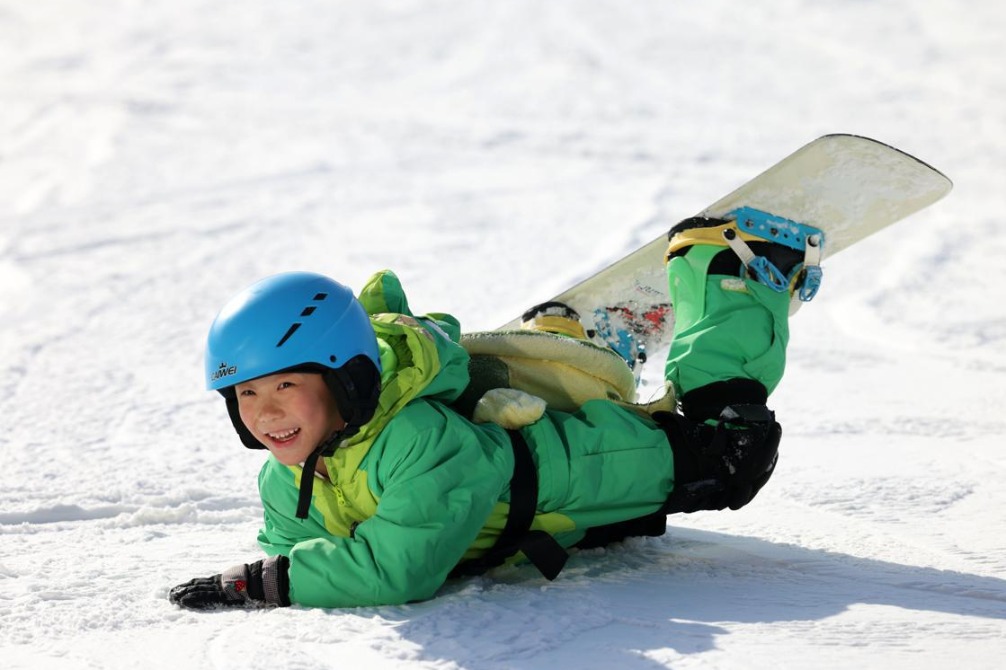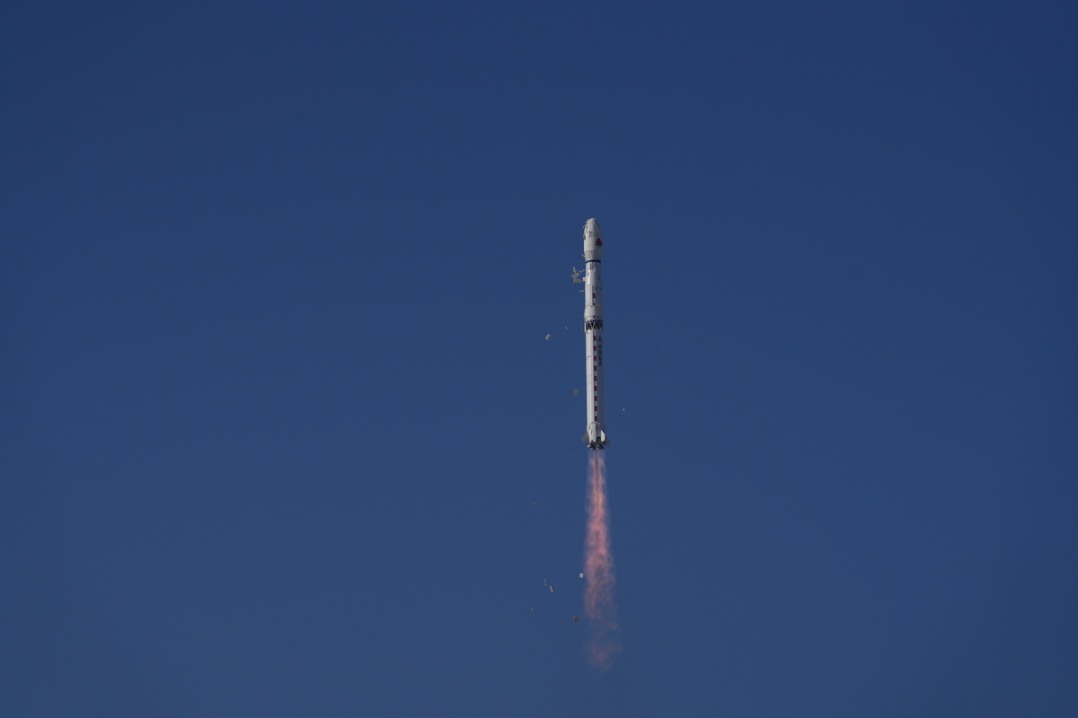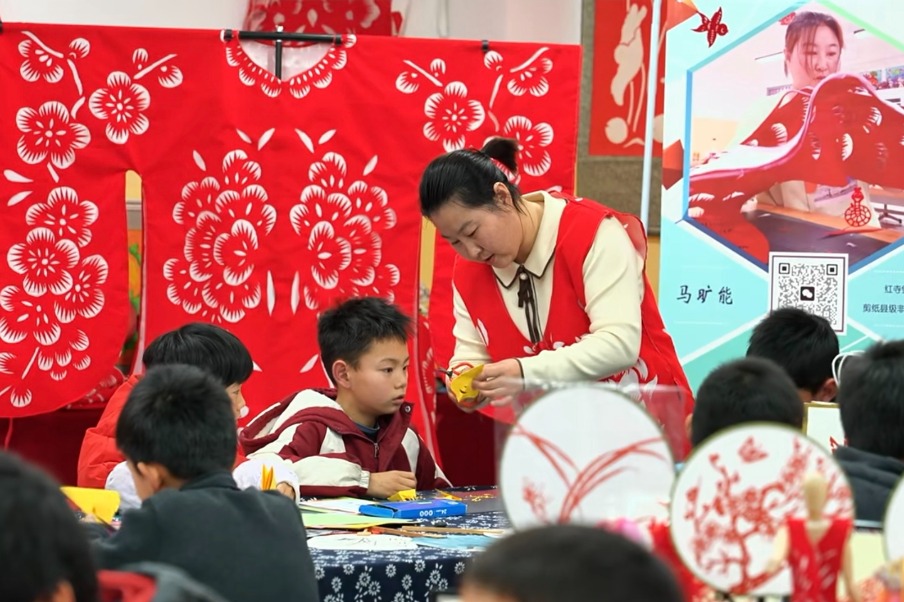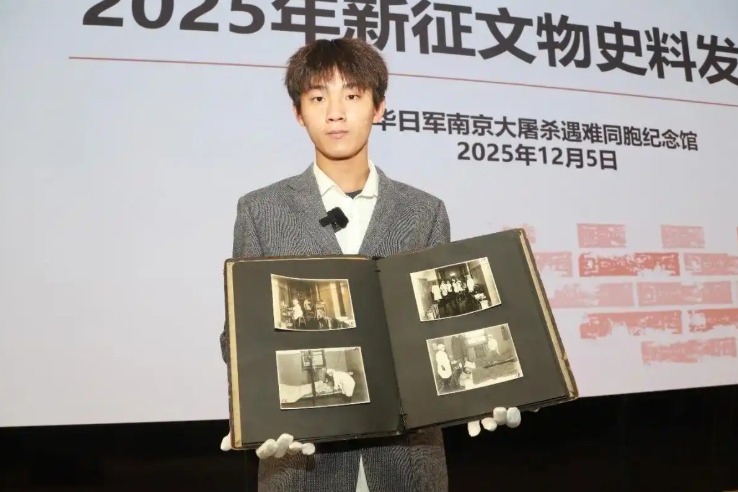Beijing to phase out coal stoves in 450 villages

BEIJING -- Beijing plans to phase out coal-fired heating in 450 villages in plain areas this year in its latest bid to tackle air pollution.
Households in the 450 villages will switch from coal to gas or electricity for heating, according to Sun Wenkai, head of the Beijing Municipal Commission of Rural Affairs.
By the end of 2018, coal use in all villages in the plain areas will be phased out, said Sun.
Authorities also plan to help some mountain villages and those near the 2022 Winter Olympics venues switch to clean energy for heating, he said.
Coal use in rural areas in the heating season is a major source of air pollution in the winter, said Sun.
A total of 974,000 households in 2,237 villages in Beijing have shifted to clean energy, helping reduce coal consumption by about 2.9 million tons per heating season and cutting emissions of sulfur dioxide by 14,000 tons.
Beijing plans to spend more than 19 billion yuan ($3 billion) to fight air pollution this year.
The Chinese capital has intensified measures in recent years to improve its air quality and has achieved remarkable results.
The average density of PM2.5 in Beijing was 58 micrograms per cubic meter last year, meeting the target set by the State Council, and 20.5 percent less than in 2016.
- Nation steps up measures to stimulate consumption
- Former senior official of Ningxia sentenced to death
- Development program narrows urban-rural gap in Guangdong
- Wuxi Winter Bazaar creates cross-cultural gathering
- Expressway service area featuring a natural hot spring to open soon in Guangdong
- Former Ningxia political advisor sentenced to death for bribery





































